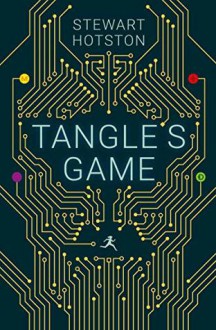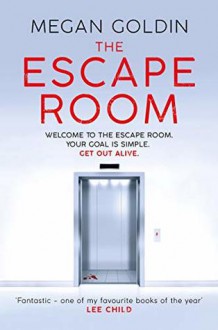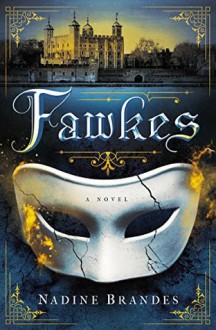
[I received a copy through NetGalley, in exchange for an honest review.]
A techno-thriller with interesting AI-related themes, although in the end, I wasn’t awed by the story.
Set in a somewhat near future where transactions are handled through blockchain-based contracts and people’s quality of life is dependent on their social credit score as well as on their financial credit score, “Tangle’s Game” tells the story of Amanda Back, a successful investment banker who finally got a complete grip back on her life after an ex-boyfriend stole her money and left her betrayed. Flying back to London, and after an invasive search episode at the airport, she comes home only to realise that said boyfriend has involved her in a dangerous game where a mysterious USB stick and the information it contains is key. The only problem? Amanda isn’t a hacker, or a conspiracy theorist, or a whistleblower, and is probably the last person with the proper connections to do something with said information.
The premise really hooked me in, and I quickly wanted to know more about how this would all unfurl: who were the enemies, how would they try to get the info, what was Tangle’s exact part in that, who could be Amanda’s allies… Most of all, I was interested in Tatsu, the little AI contracted to help her decrypt the contents of the USB stick. I always have a soft spot for AIs, and Tatsu was definitely endearing.
By contrast, though, I never really warmed up to the human characters. Mostly they were “unlikeable” as people (Amanda is pretty much self-centered, Tangle is no better and probably somewhere on the sociopathic ladder…), but that in itself is not a deal-breaker for me—they can be the most rotten pieces of crap in the world, I can still find them likeable as characters, provided the execution goes this way. It wasn’t much the case here, in part because these characters as a whole made problematic decision after problematic decision, in a way that made me keep wondering how on Earth they were still alive. (I’ve been a tabletop RPG player for over 20 years. Trust my experience when I say that “’eceiving mysterious information and just hanging about in one’s own flat—where everybody know they can find you—while trying to come up with ideas about what to do” is a sure way of being assaulted at night by men in black or other unsavoury characters.) I was actually glad when one of the bad guys finally called them on their ability to come up with plans that may work in movies, but never in real life. And that was worth for pretty much the whole cast, not only Amanda, who at least I would’ve expected to be the most clueless.
The last 20% picked up, and with Tatsu still involved by that point, that made me want to read until the end at any rate. The ending itself is fairly open, and leaves much unresolved, but in a way, it also makes much sense: things got mired, then exploded, and now the world’s in turmoil… and the fragile situation at the end, teetering between hope and potential catastrophe, fits that pattern.
Conclusion: 2.5 stars. Mostly I didn’t care much about the human characters, and there were a few plot holes that annoyed me, but I did enjoy the part played by the AI, and the way Amanda (and Tangle, too, after all) considered it.

 Log in with Facebook
Log in with Facebook 









